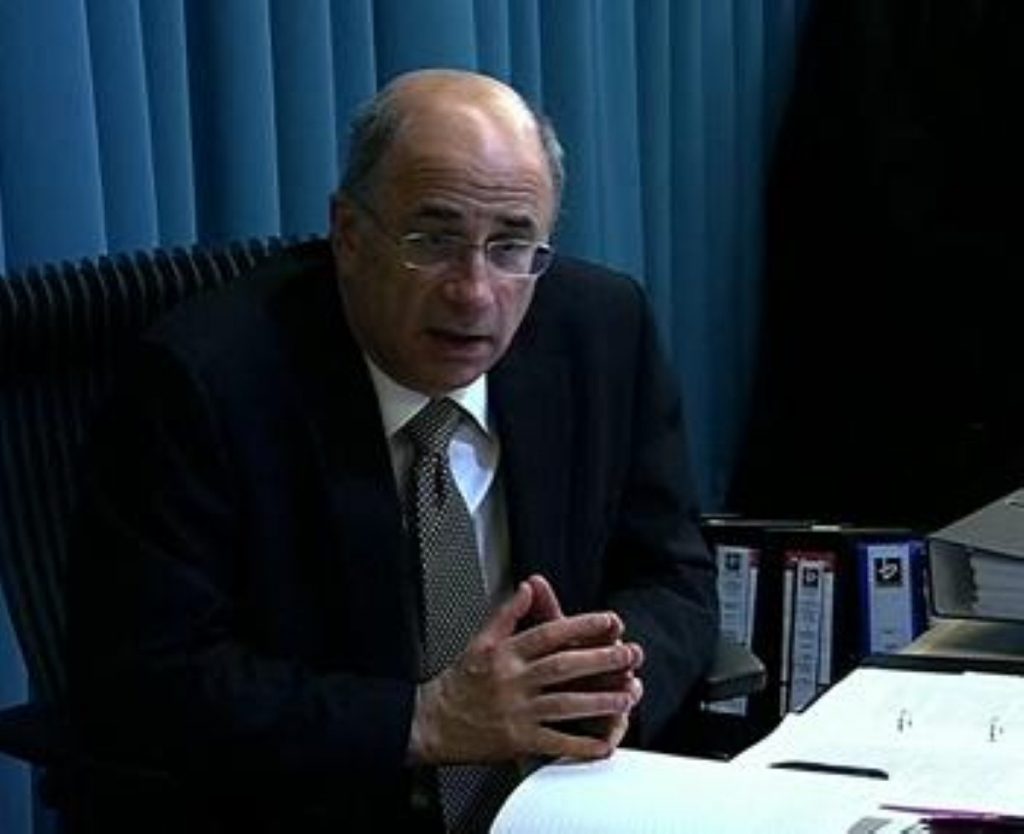They’re only making it worse: Newspaper moaning displeases Leveson
By politics.co.uk staff
Lord Justice Leveson has expressed his displeasure after newspapers leaked parts of his letter to them laying out the print media's failures.
The inquiry judge, whose investigation into the culture, practice and ethics of the media has exposed newspapers' unhealthily close relationship with senior politicians, made clear via a spokesperson that he was "disappointed" the contents of the letters were being openly discussed.
Independent editor Chris Blackhurst told BBC Radio 4's The Media Show that the 100 pages of criticism was a "diatribe" which "throws the book at the industry".


"The best way I can describe it is he's loading a gun and this document of well over 100 pages is all the ammunition, and believe you me there's plenty of ammunition," Blackhurst explained.
"You read it and you just gulp."
A national newspaper source quoted by the Guardian newspaper reacted with dismay, saying Leveson had "listed absolutely everything, exhaustively".
The source added: "It's just a portmanteau of all the criticism and newspaper groups are expected to respond to this, but it very confusing. It's like he wants the newspapers to do the winnowing."
A spokesperson for the inquiry said they were intended to give "private notice of possible criticism" to give the recipients a chance to defend themselves.
Leveson is obliged to give a right to reply to those he intends to criticise under the rules governing judicial inquiries.
"By their nature such letters are, of course, one-sided documents and are not intended (as it makes clear) to deal with the positive aspects of the activities of the press: plainly, no warning is necessary for that purpose," the spokesperson said.
"The extent to which these letters are being made the subject of comment and, indeed, misrepresentation, is itself not without significance. Meanwhile, the process of providing Rule 13 notices will continue."
The first set of letters is thought to have been a general set of criticisms directed at the newspaper industry as a whole. More specific criticisms aimed at specific media organisations and titles are expected to be levelled in a second set yet to be dispatched.

